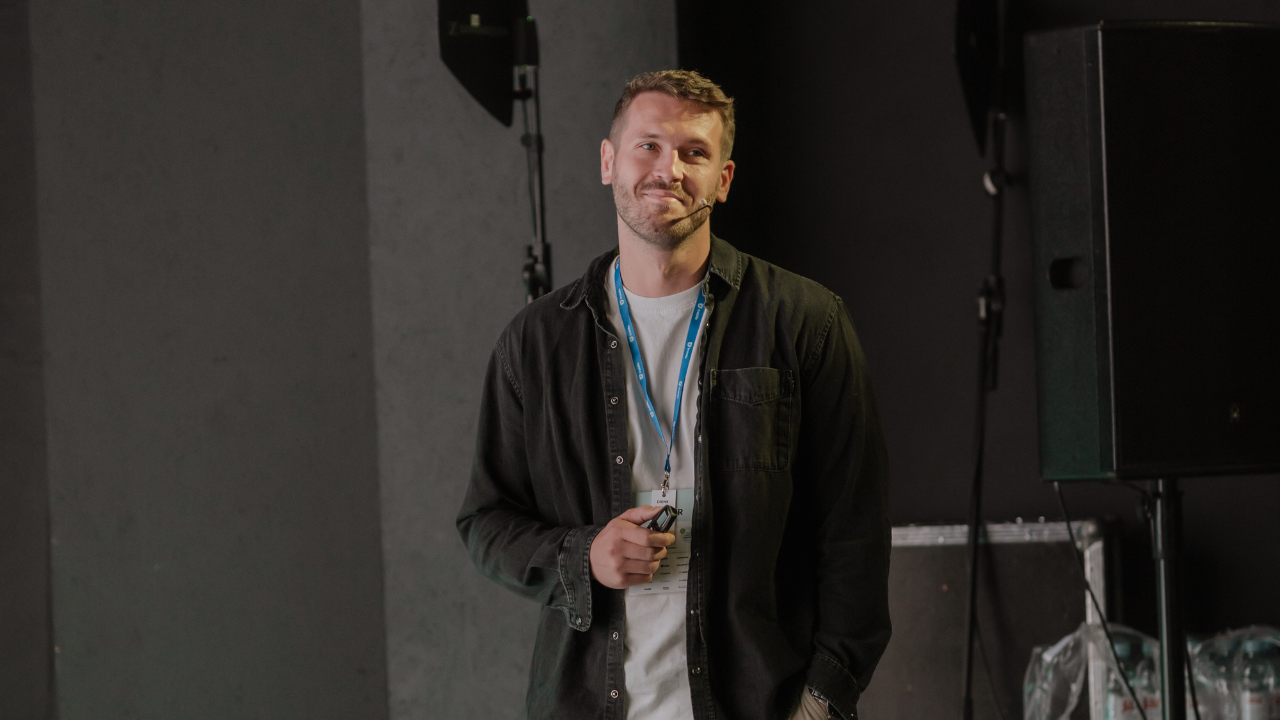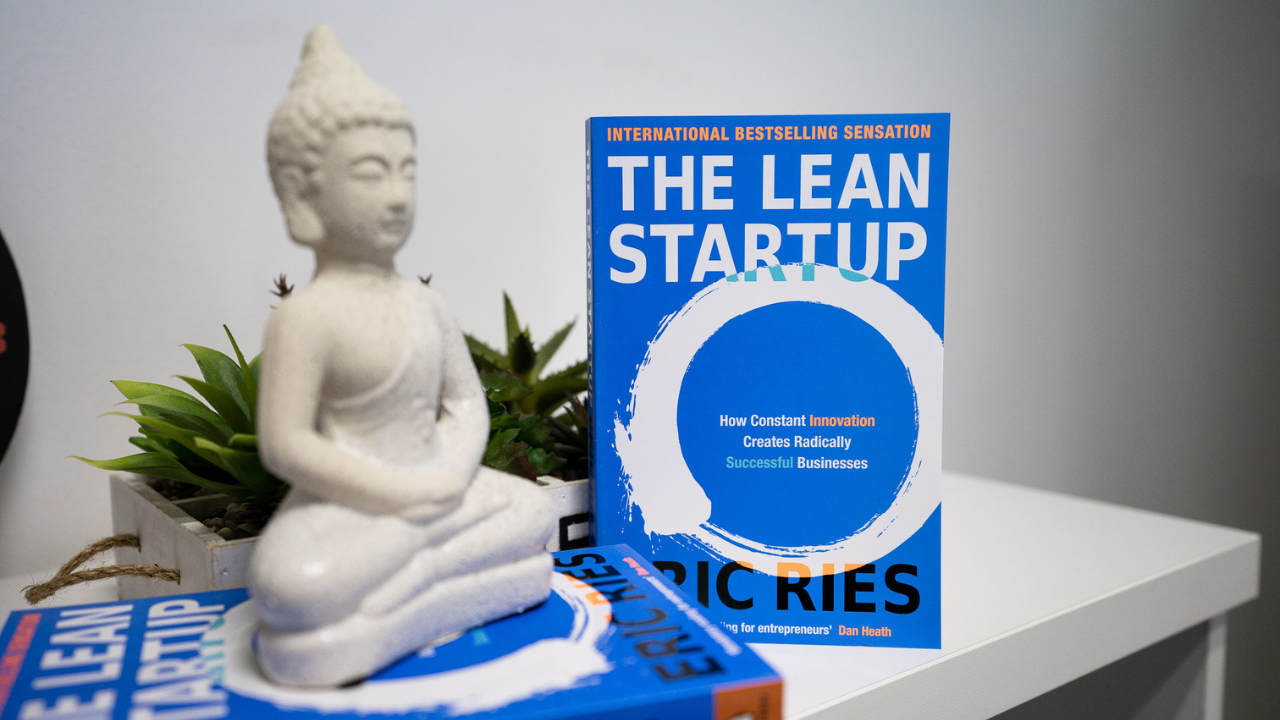To nurture an innovation mindset, it is important to know when to quit, and there is nothing to be ashamed of. I know this because the whole first year of my Master's was focused on normalizing failure. Seeing and experiencing so many failures in my and my friends' skin helped me build four successful companies.
Here are a few words about me so you know why I am relevant to speak on the topic:
I am Senad Šantić, born in Mostar (Bosnia and Herzegovina) and moved to Gothenburg (Sweden) at the age of 4. At 13 years old, I am becoming fascinated with the possibility to write something and publish it so anyone can see it.
My first website - about the top 100 basketball scores crashed servers thanks to huge traffic. Since I didn’t become a professional basketball player, I switched my focus to engineering and enrolled at Chalmers University of Technology, where I witnessed the birth of Spotify. When you see such examples so close to you, it is easier to start your entrepreneurship journey. My primary role today is CEO of ZenDev - a software development and digital marketing agency. Other companies I founded are: Loop Me, Foboko, Avidnote, Robinize, Mendy.
Before we dive into questions to ask when deciding on the future of your startup, let’s unpack the characteristics of startups and get insights into why 9 out of 10 startups fail.







